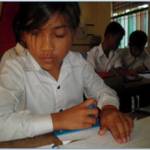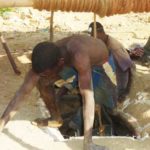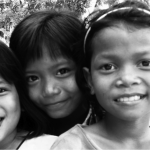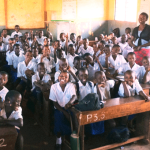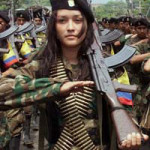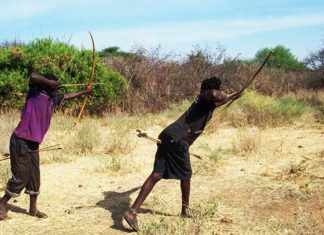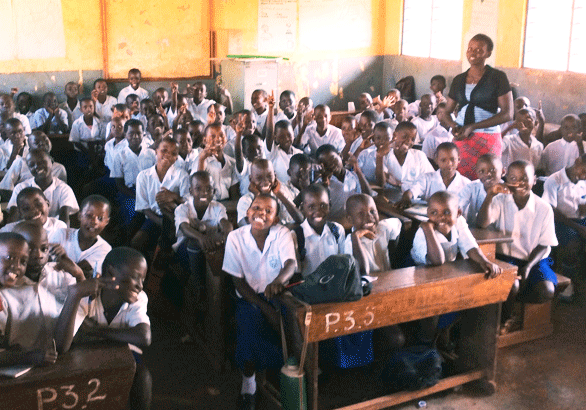Cambodia: Inclusive Education Combats Social Barriers
Despite its rating as least-developed country (LDC) where 56.5 per cent of the population are estimated by the World Bank (WB) to earn less than $2 a day (adjusted for purchasing power parity), Cambodia is consistently, albeit incrementally, improving its enrolment and literacy rates and successfully reducing poverty (from 34.7 per cent in 2004 to 30.1 per cent in 2007, WB). However, marginalized, physically impaired people are still severely affected by income inequality and exclusion.
Fighting Poverty in Guatemala: Importance of Public Investment in Education
By Anna Heikkinen
Twenty years have passed since the end of the Guatemalan civil war. The country has managed to take notable steps fostering its economic and human development. However, inequality and poverty still remain at concerning level. Investing in education is what Guatemala urgently needs to raise its people out of poverty and continue the success story of its economy on a sustainable basis.Child Mining in Tanzania: A Forgotten Story
By Tony Spence
Children are often attracted to mining due to a lack of regulation and the promise of easy money. As a result, thousands of children in Tanzania work in difficult and dangerous conditions for little money in which their education, safety and wellbeing is compromised.Child Labour in India: The Missing Data & The Informal Economy
By Harris Zargar
Despite various efforts, child labour in India is still a common practice. Poverty forces children to seek jobs in undisclosed service sector and many are forced into prostitution, while many other become victims of human trafficking.CCPCR Cambodia: children’s anti-trafficking NGO as vital as ever
“People are products here. But now, I am a survivor", are the words of a 14 year old sex trafficked survivor in Cambodia. NGO in...
How Free is Free Education in Kenya & Uganda?
Free education is a concept that is only free on paper, but the reality is, education in Uganda and Kenya is expensive. There have been cases where students had to buy a bag of cement, toilet papers and brooms for their school. And in some cases students who fail to make book donations to school have been sent away.
What do children play in the Colombian conflict?
By LAURA D. ORTIZ/GSDM
According to the Happy Planet Index in 2012, Colombia is positioned as the 3rd happiest country in the world.
The HPI results, that...
Amahdiyya People Still a Target for Islamist Inquisitors in Bangladesh
***
An Islamic sect who believe in a metaphorical ‘John the Baptist’ figure are still suffering violence and abuse after decades of persecution. They believe...
Climate Change Drives Rural-Urban Migration to Dhaka’s Slums
Due to climate change-driven rising flood waters in Bangladesh workers are leaving their land and moving to the country’s cities in their droves.
Seasonal flooding...
Child Soldiers of the 21st Century: What Can be Done About Them?
After armed groups in South Sudan recently released over 200 child soldiers, now is the ideal time to explore why more needs to be done to prevent children's lives being corrupted by violence.


